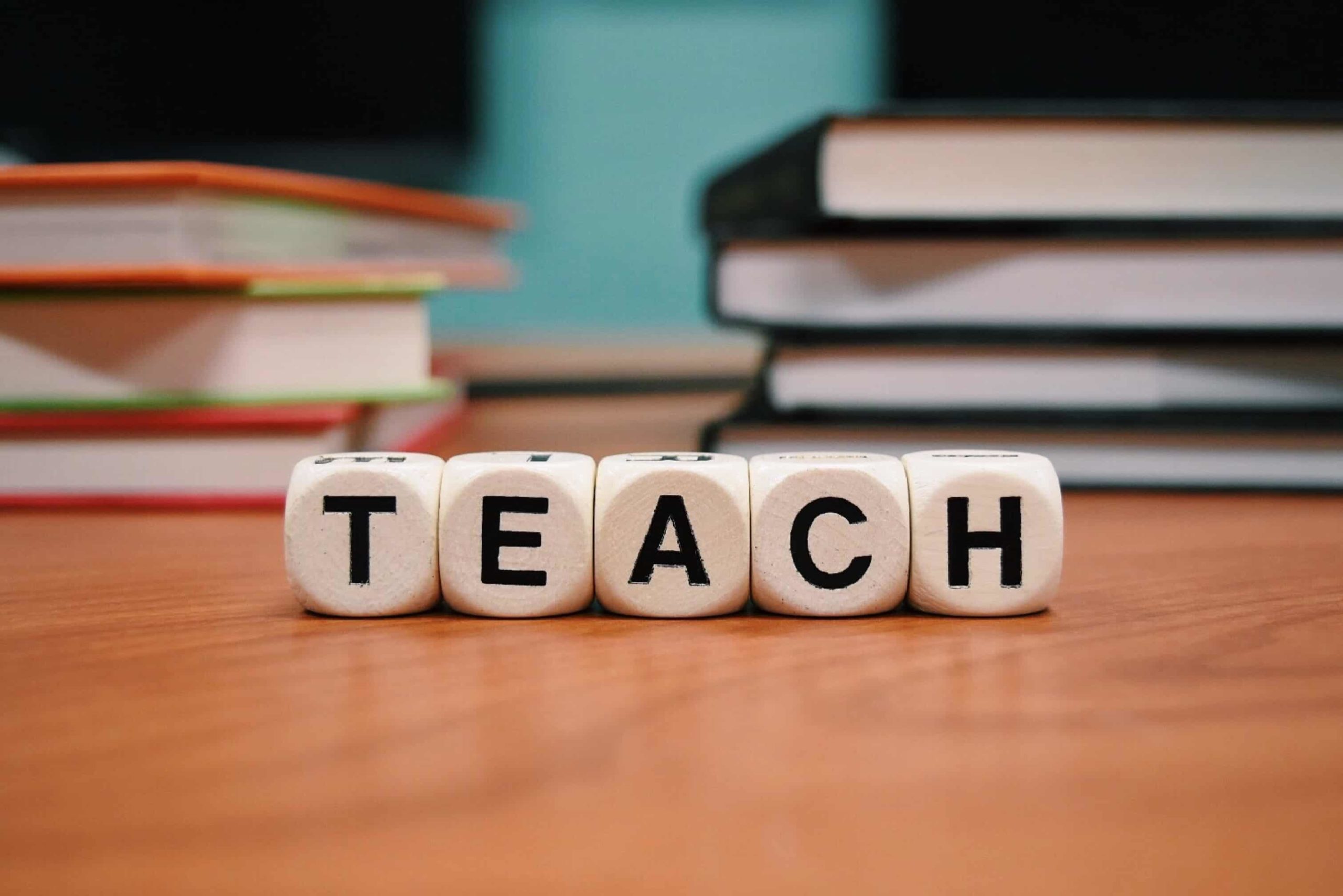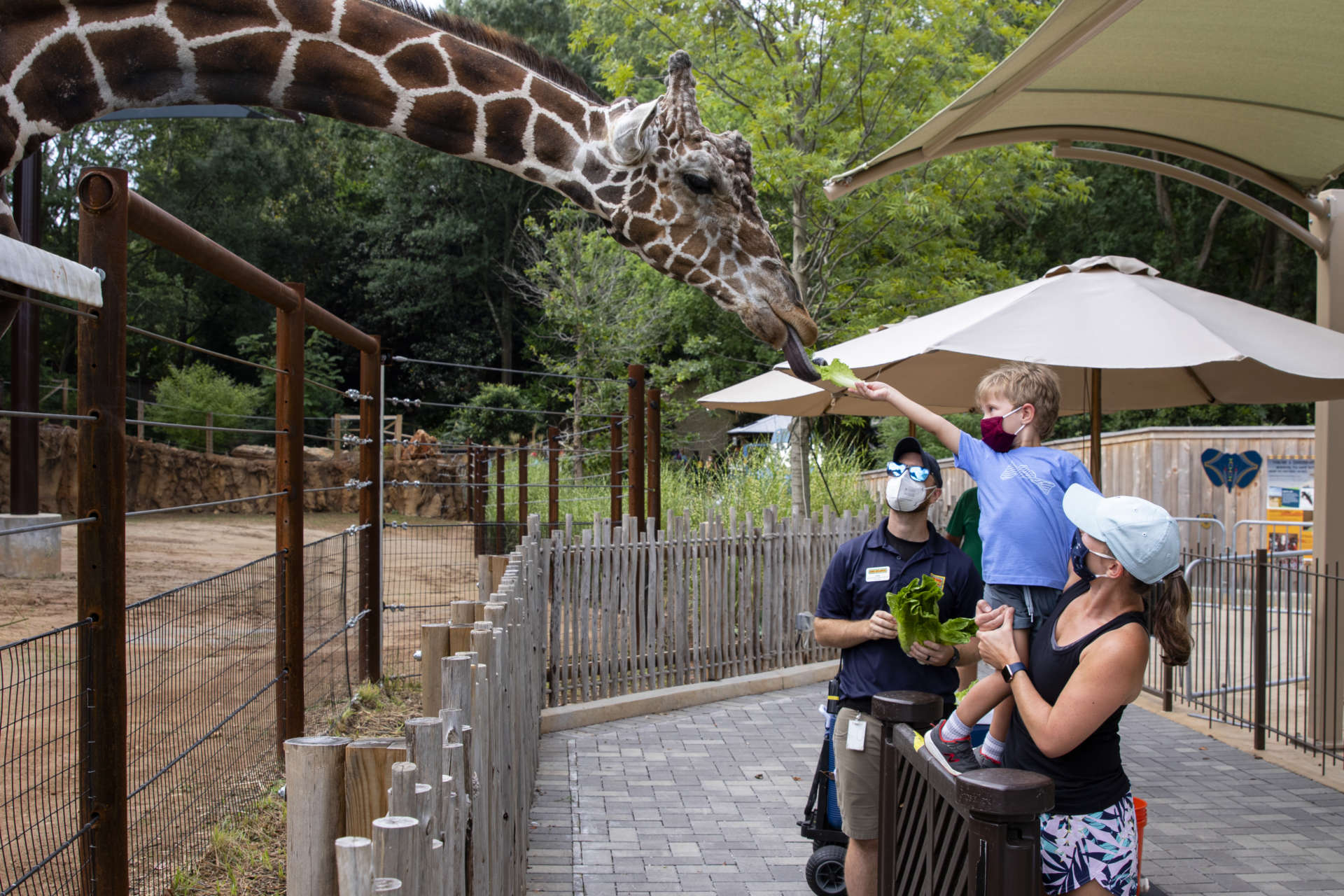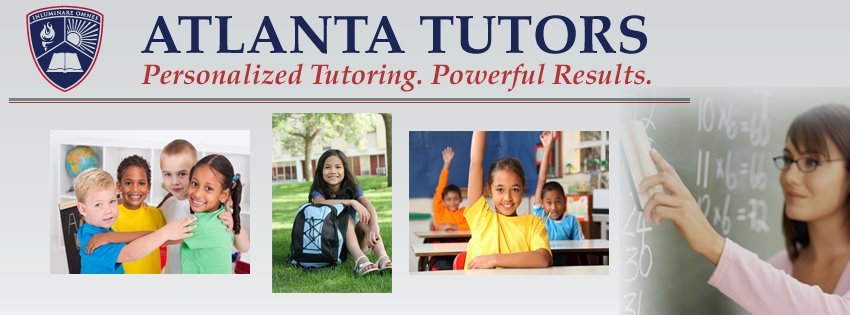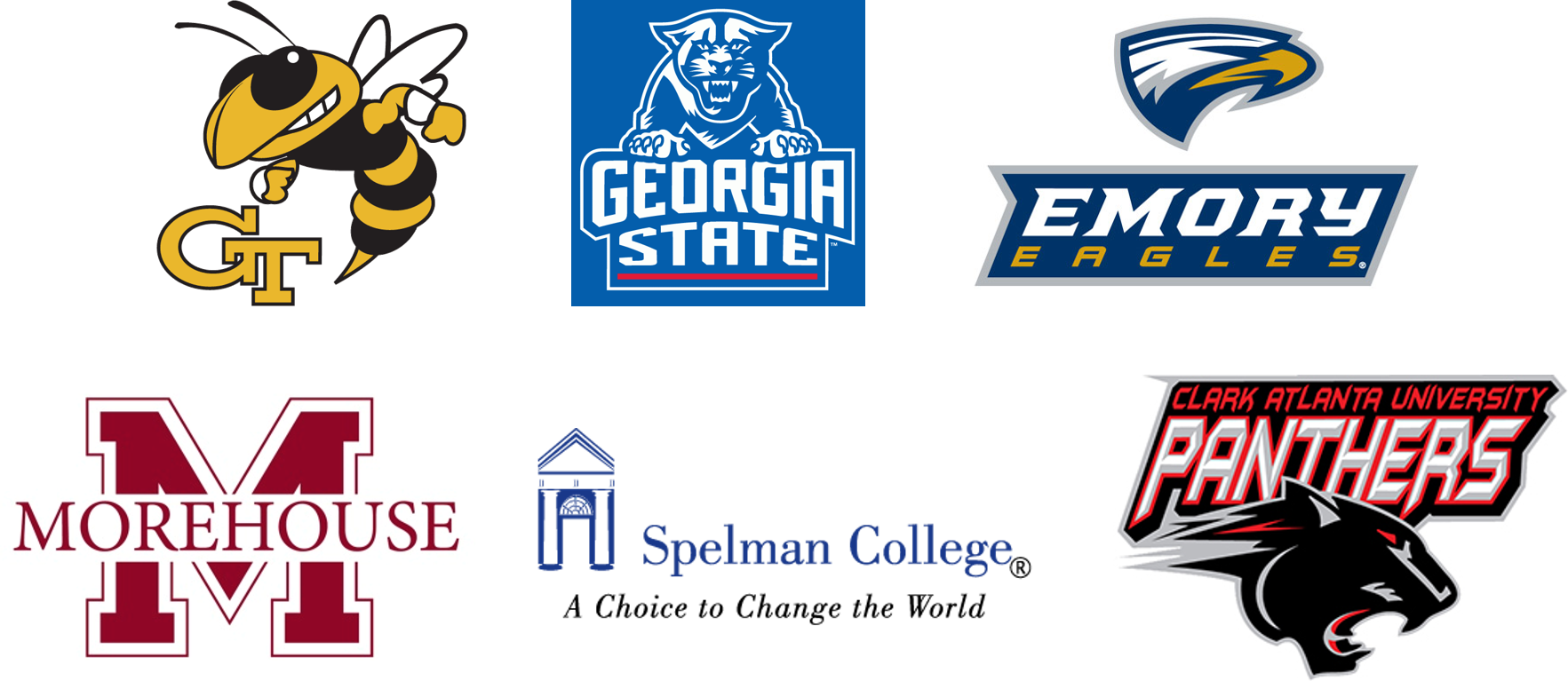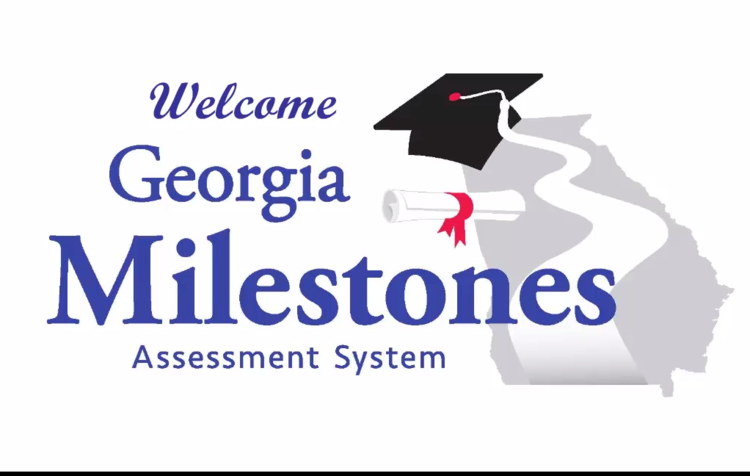In an ever changing world of education, one thing is clear: anyone teaching children has to be able to reach a diverse population of student needs. According to the National Center for Education Statistics, there were 7.3 million students receiving special education services in 2019-20. That’s 14 percent of total public school enrollment. We know that the Individuals with Disabilities Education Act (IDEA) protects the rights of these students and ensures that they are serviced in school. But for many educators, the question becomes: How do I meet the needs of a student with diagnosed disabilities? How do I tutor a student with special needs? Here are some strategies to help you get started tutoring a child with special needs.
Individualized Education Plans
When tutoring a student with special needs, it’s best to begin with their Individualized Education Plan (IEP). This plan can be provided by the parent or the school, and will outline the student’s present performance, their academic and behavioral goals, and the accommodations and modifications they require in order to complete their work. These documents are a great starting place to begin to understand where the student currently is academically and a good starting place for where to begin tutoring them.
The present levels should outline the student’s current strengths and weaknesses academically as well as concerns the parent has for their child’s education. The goals will provide you with the areas of deficit that the child is currently presenting with and give you an idea of where to target your interventions during tutoring sessions. The accommodations and modifications will give you guidelines on how to present work to the student. Do they need large print? Do they need shortened reading or writing assignments? Such information will be specified in their IEP.
Build Rapport
When tutoring a child with special needs, one of the most important things you can do up front is build rapport. Ask the student what they like. Ask them their favorite foods, toys, movies, games, activities. Make connections with them and ask follow up questions. Building rapport with the student will promote engagement in lessons with you, participation in work and activities, and allow them to feel comfortable asking for help if and when they need it.
Rewards Systems
When a child has a disability, it can be challenging to motivate them to begin, stay focused on, and complete assigned tasks, work, or activities. Concrete reward systems can be highly motivating for children with special needs. The great news is, reward systems work for students of all ages. Think of it like the money you earn as pay for completion of tutoring hours: Your wage is $15 per hour, you work 3 hours, you earn $45. Pretty motivating to do your work!
For a student with special needs, this may look like: When I get 5 stars, I can use my iPad for 10 minutes. I get a star when I complete a math problem. I do 5 math problems, I get to use my iPad for 10 minutes.
Rewards can be really anything that motivates the student! They can be tangible rewards (stickers, prize boxes, snacks), experiences (iPad time, game, outdoor time), or interactions (high fives, note from parents). It’s best to involve the student or their parents in the selection of the reward to ensure that it truly is something that the student will want to work towards earning.
For more on how to use a reward system, check out this resource:
https://ncse.ie/wp-content/uploads/2020/04/NCSE-Resource-3-Using-Reward-Systems.pdf
Consistency
As with most children (and even adults!), a consistent and predictable schedule and routine will promote success for children with special needs. When starting a tutoring session, consider a visual schedule (this could be anything from pictures to a checklist of what will be done during the session) to prepare the student for what is coming. Be open to modifying your schedule until it is appropriate for the student and once you find a flow that works, stick to it! The student will begin to expect their routine and will be more likely to participate and try novel or more challenging tasks.
Assessments and Data Collection
Assessments are an important part of tutoring children with special needs. It’s important to identify key areas where the student is lacking the required skills in order to provide them with the most appropriate targeted intervention. Assessing skills should be completed, scored, and presented to the parent or student before beginning academic interventions.
Once you begin providing tutoring and interventions to address the skills, it’s important to collect data on the student’s progress. Students with special needs vary in the time it takes for progress to be made and seen, and small victories should be celebrated!
For formal assessment ideas, check out this resource:
https://dredf.org/wp-content/uploads/2021/06/Assesments_chart.pdf
Targeted Interventions
Once the student’s areas of weakness have been identified through review of their IEP and assessment, it is time to choose targeted interventions that match the skill they are not yet able to do. It’s important to keep in mind that this child needs special education services and tutoring because the mainstream teaching strategy was not enough to reach them and for them to learn the skill, so they will need an intervention specific and targeted towards their needs.
Take, for example, a student with a Specific Learning Disability in math. After assessment, you note that they show a weakness when differentiating between addition and subtraction problems. A targeted intervention you could implement would be color coding math symbols (i.e. highlight subtraction signs yellow and addition signs green for visual cues – or have the student go through their work and color code prior to beginning to solve problems).
For more targeted intervention ideas, check out this resource from the National Association of Special Education Teachers:
https://www.naset.org/fileadmin/user_upload/LD_Report/Issue__6_LD_Effective_Teach_Strategies.pdf
Tutoring students with special needs can be a challenging task, but when done effectively, it will absolutely be rewarding to the tutor and the student.


